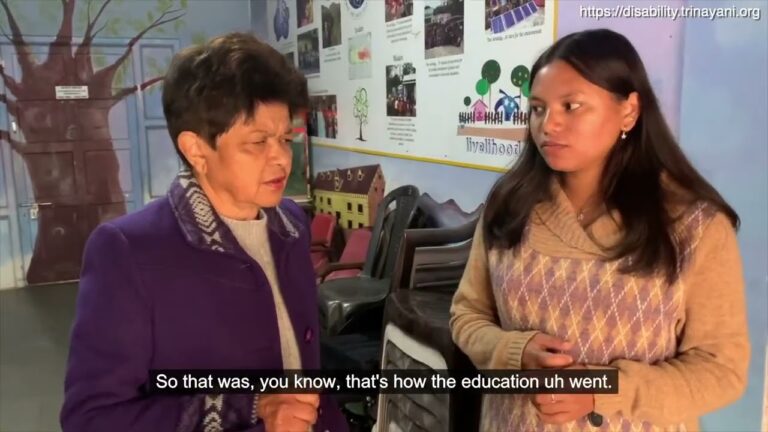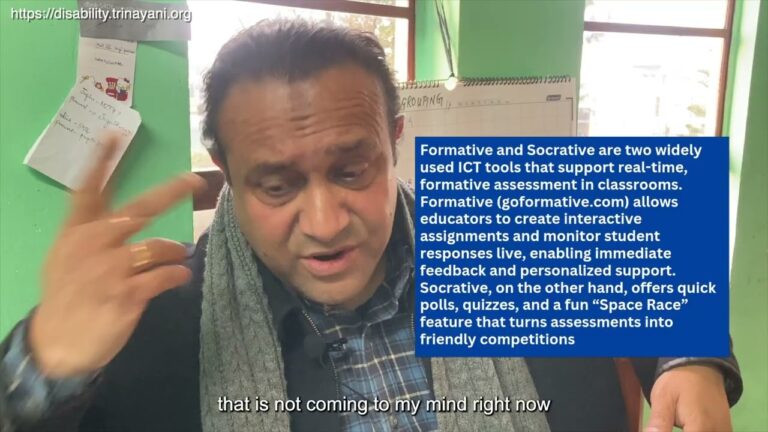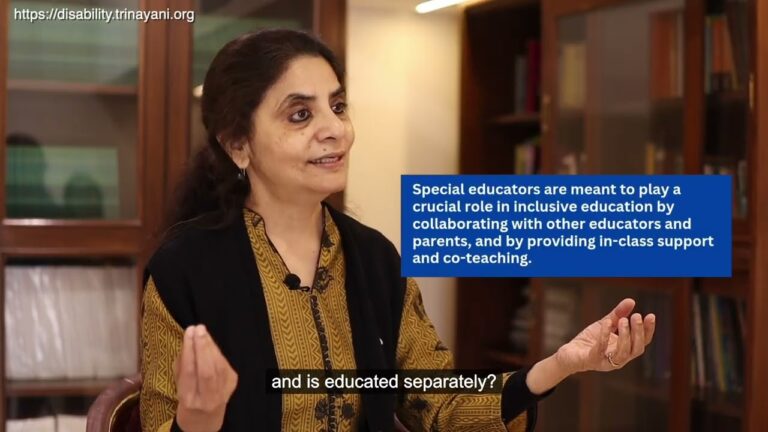Parul and Ram on parenting Dev
Dev Ramprasad, 19, a gifted artist whose paintings have been exhibited at the India Habitat Centre and the Salarjung Museum, also happens to live with Down syndrome. This film is an inside look at Dev’s world, told through his parents Parul Kala and Ramprasad Sridharan, who decided from the very first day that his life would be celebrated.
Parul and Ram talk about what they’ve learned as parents, how to plan for the future, and how to enjoy life without getting stuck on what “should” happen. This film is about family, everyday life and finding what works best for you.
You can navigate to the specific topics using the following chapters:
00:00 – Ritika Sahni’s introduction to the film
00:24 – Parul and Ram on parenting Dev
1:59 – How did you manage the dynamic of raising Dev, your eldest child with Down Syndrome, alongside Neha, your neurotypical child?
6:17 – Could you share the story of Dev’s artistic journey?
8:15 – Does Dev have his own bank account?
8:37 – What is your perspective on the concept of inclusion?
9:32 – What emotions did you experience when Dev was born and you learned that he had Down Syndrome?
13:19 – What advice would you give to new parents on maintaining a positive outlook and raising their child successfully?
15:12 – When was the Saath Parent Group formed and why are groups like this important?
Dive Deeper: More on Disability
Learn about the most common inquiries surrounding disability, education, legislation, accessibility, employment and other sectors related to disability.


















